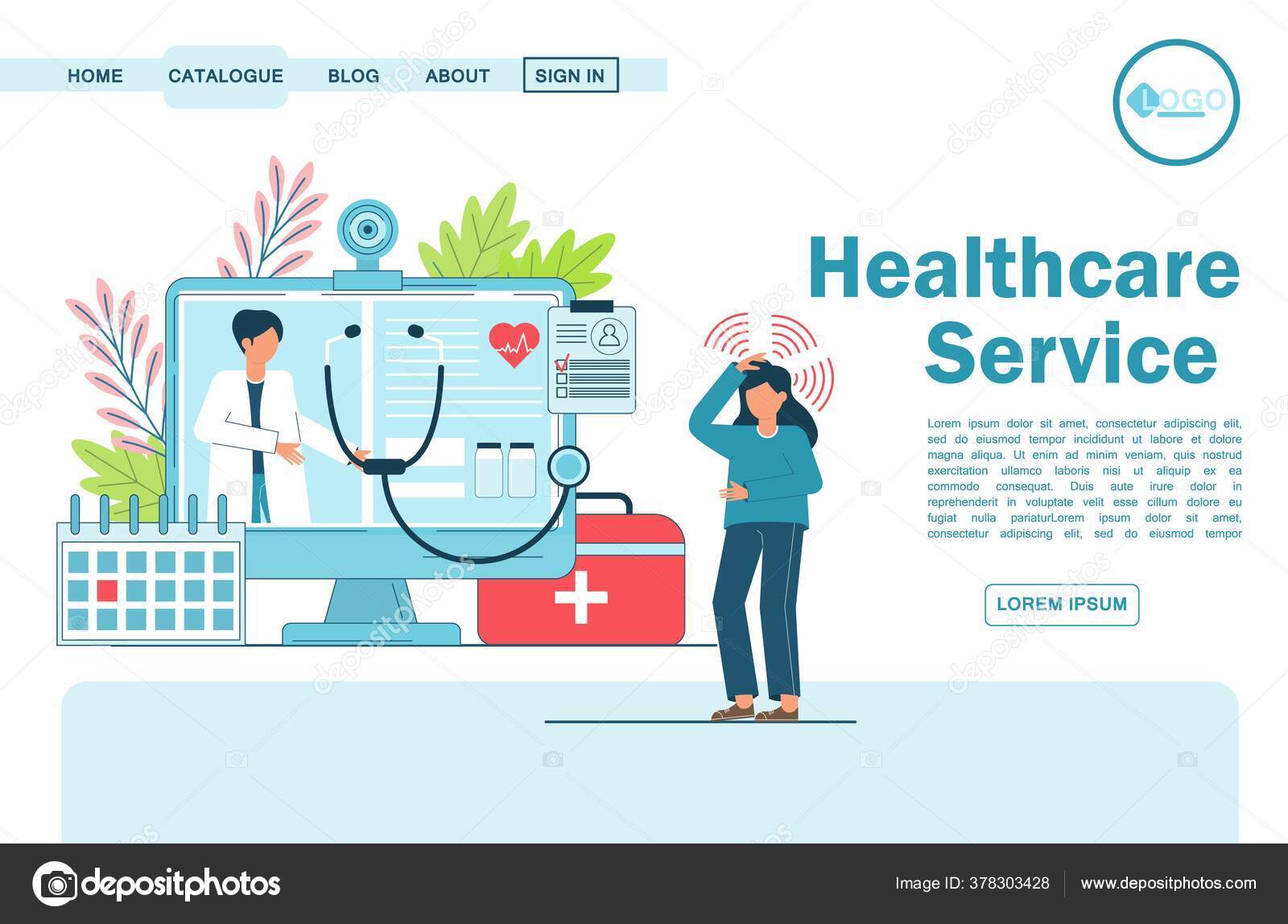Discover the Benefits of Subscription Based Healthcare for Affordable Medical Care
Browsing the Future of Medicine With Subscription-Based Healthcare Provider
As the medical care market develops, subscription-based services become an essential model promising to improve individual care distribution. With the prospective to offer structured, economical services through foreseeable pricing and personalized focus, these services stand at the center of contemporary medical technology. Yet, as we consider their increase, one should contemplate the ramifications of integrating such systems right into existing healthcare structures. What obstacles do they present in terms of data protection and equitable accessibility, and exactly how might they redefine the patient-provider partnership? The responses to these inquiries might basically alter our technique to healthcare.
Rise of Subscription Health Care
As medical care systems all over the world face boosting stress from rising expenses and need for solutions, the advent of subscription-based healthcare designs has actually arised as a transformative trend. This innovative method is interfering with typical healthcare delivery by providing a foreseeable, flat-rate repayment framework for clinical solutions. Rooted in the concepts of attendant medication, subscription-based medical care allows service providers to concentrate on individualized person treatment while all at once managing functional performances.
The boosting consumer need for transparency and predictability in healthcare expenditures has driven the change in the direction of this model. Subscription-based solutions typically offer straight access to medical care experts, which can reduce the management concerns linked with insurance coverage cases and compensations.
This model is getting traction among varied health care service providers, from key care medical professionals to specialized centers, by straightening financial motivations with continuous and precautionary treatment. By shifting the emphasis from quantity to value-based care, membership healthcare has the prospective to improve the landscape, fostering a much more patient-centered and sustainable method to wellness management.
Benefits for Individuals

In addition, subscription-based solutions often emphasize preventive care, encouraging regular check-ups and health screenings. This proactive approach can lead to early discovery of wellness concerns, possibly enhancing results and decreasing long-term healthcare costs for people. Such models commonly offer clear prices, enabling clients to much better recognize their health care expenses and stay clear of unforeseen medical costs.
The individualized nature of subscription-based healthcare likewise improves person experience. Clients can get customized healthcare plans that fit their details needs, fostering a much more patient-centric technique.
Technology's Role in Improvement

Expert system (AI) plays a crucial function in predictive analytics, aiding in find this very early medical diagnosis and customized treatment plans. AI formulas assess huge datasets to determine patterns that might be overlooked by human monitoring, hence enhancing medical decision-making. Digital health and wellness records (EHRs) simplify client information monitoring, making sure continuity and comprehensibility of care throughout different services and carriers.
Blockchain innovation enhances information safety and security and personal privacy, important for maintaining individual count on in electronic platforms. It makes it possible for protected and transparent purchases of medical information, ensuring that delicate details stays safeguarded. With the integration of artificial intelligence and AI, blockchain can automate intricate healthcare procedures, reducing administrative worries.
Challenges and Factors To Consider
While modern technology moves the abilities of subscription-based medical care services, it likewise presents a collection of challenges and considerations that have to be addressed see here to guarantee effective execution. One significant challenge is the equitable availability of these solutions. As subscription models commonly count on electronic platforms, there is a risk of intensifying the electronic divide, leaving people without net accessibility or electronic proficiency. Ensuring these services do not disproportionately benefit only tech-savvy and upscale populaces is imperative.
Data privacy and safety and security stand for one more critical factor to consider. Subscription-based solutions commonly involve the collection and storage of large amounts of individual wellness info. Suppliers need to stick to rigid data protection regulations to keep individual count on and prevent unapproved gain access to, which might lead to substantial ethical and lawful consequences.
As health care requires evolve, preserving a cost-efficient balance between membership costs and solution quality is crucial to protect against patient discontentment and attrition. Attending to these obstacles is important as subscription-based health care solutions proceed to expand and develop.
Future Ramifications for Medication
Subscription-based health care services are positioned to considerably affect the future landscape of medicine by reshaping how care is accessed and supplied. These designs provide the prospective to democratize health care access, offering patients with more personalized and prompt treatments. By leveraging innovation, such as telemedicine and data analytics, subscription solutions can promote constant tracking and tailored wellness management, therefore improving outcomes and lowering the problem on standard healthcare systems.
As these solutions gain grip, they could stimulate a change towards preventative treatment, highlighting the significance of early discovery and management of persistent problems. This proactive strategy may ultimately lower health a knockout post care prices by alleviating the requirement for pricey treatments arising from late-stage condition administration. Furthermore, membership models supply a scalable service to resolve variations in medical care gain access to, specifically in rural or underserved populations.
Nonetheless, the transition in the direction of subscription-based models requires resolving regulatory and honest factors to consider, consisting of data privacy and fair accessibility. As the industry develops, joint initiatives between policymakers, innovation designers, and doctor will certainly be crucial to establishing robust structures that secure individual passions while fostering innovation. Ultimately, these solutions assure to contribute substantially to an extra reliable, patient-centered healthcare community.

Verdict
Subscription-based health care services represent a substantial advancement in the clinical field, providing predictable costs and individualized treatment that improve ease of access and prioritize preventive actions. As the medical care landscape progresses, membership models are positioned to play a critical function in shaping the future of medicine.
As the medical care market develops, subscription-based solutions arise as a critical model assuring to reshape patient treatment shipment.As healthcare systems around the globe face boosting pressures from climbing expenses and need for solutions, the introduction of subscription-based medical care designs has arised as a transformative trend (subscription based healthcare).With the surge of subscription-based health care models improving conventional medical care shipment, clients are beginning to experience substantial benefits from this cutting-edge strategy. As medical care requires develop, keeping an economical balance between registration charges and solution quality is essential to avoid person dissatisfaction and attrition.Subscription-based medical care services are poised to dramatically influence the future landscape of medication by improving how treatment is accessed and supplied